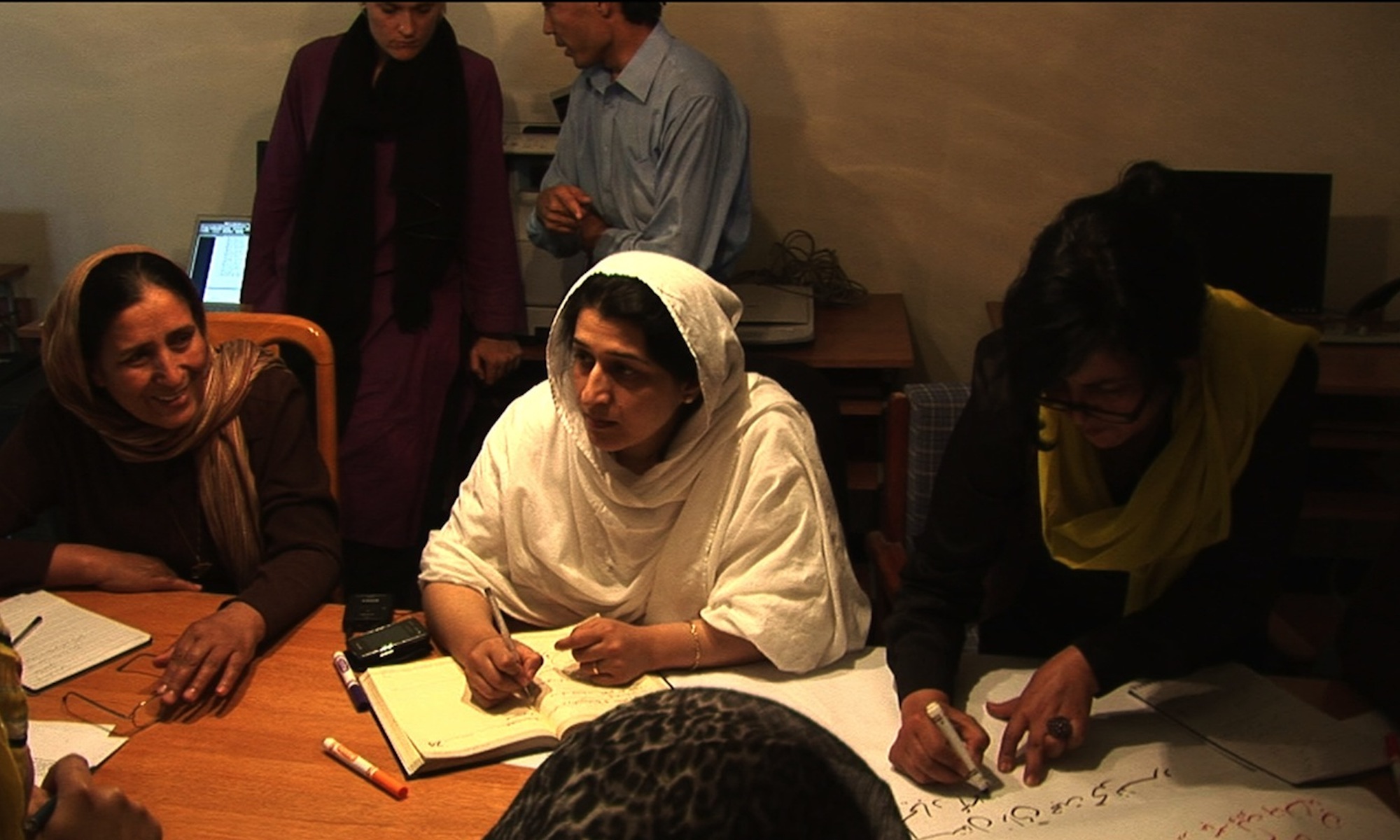The two volumes of Understanding Civil War build upon the World Bank’s prior research on conflict and violence, particularly on the work of Paul Collier and Anke Hoeffler, whose model of civil war onset has sparked much discussion on the relationship between conflict and development in what came to be known as the “greed” versus “grievance” debate. The authors systematically apply the Collier-Hoeffler model to 15 countries in 6 different regions of the world, using a comparative case study methodology to revise and expand upon economic models of civil war. (The countries selected are Burundi, Congo, Democratic Republic of Congo, Nigeria, Kenya, Mozambique, Sudan, Algeria, Mali, Senegal, Indonesia, Lebanon, Russian Federation, Colombia, Northern Ireland, Bosnia-Herzegovina, Macedonia, and the Caucasus.) The book concludes that the “greed” versus “grievance” debate should be abandoned for a more complex model that considers greed and grievance as inextricably fused motives for civil war.
Gender, Representation and Power-Sharing in Post-Conflict Institutions
The article sketches the tension between power-sharing as a form of conflict resolution and the implementation of WPS norms in peace processes. It begins with an exploration of each process, before considering how the cases have broached the relationship between power-sharing and women’s representation.
